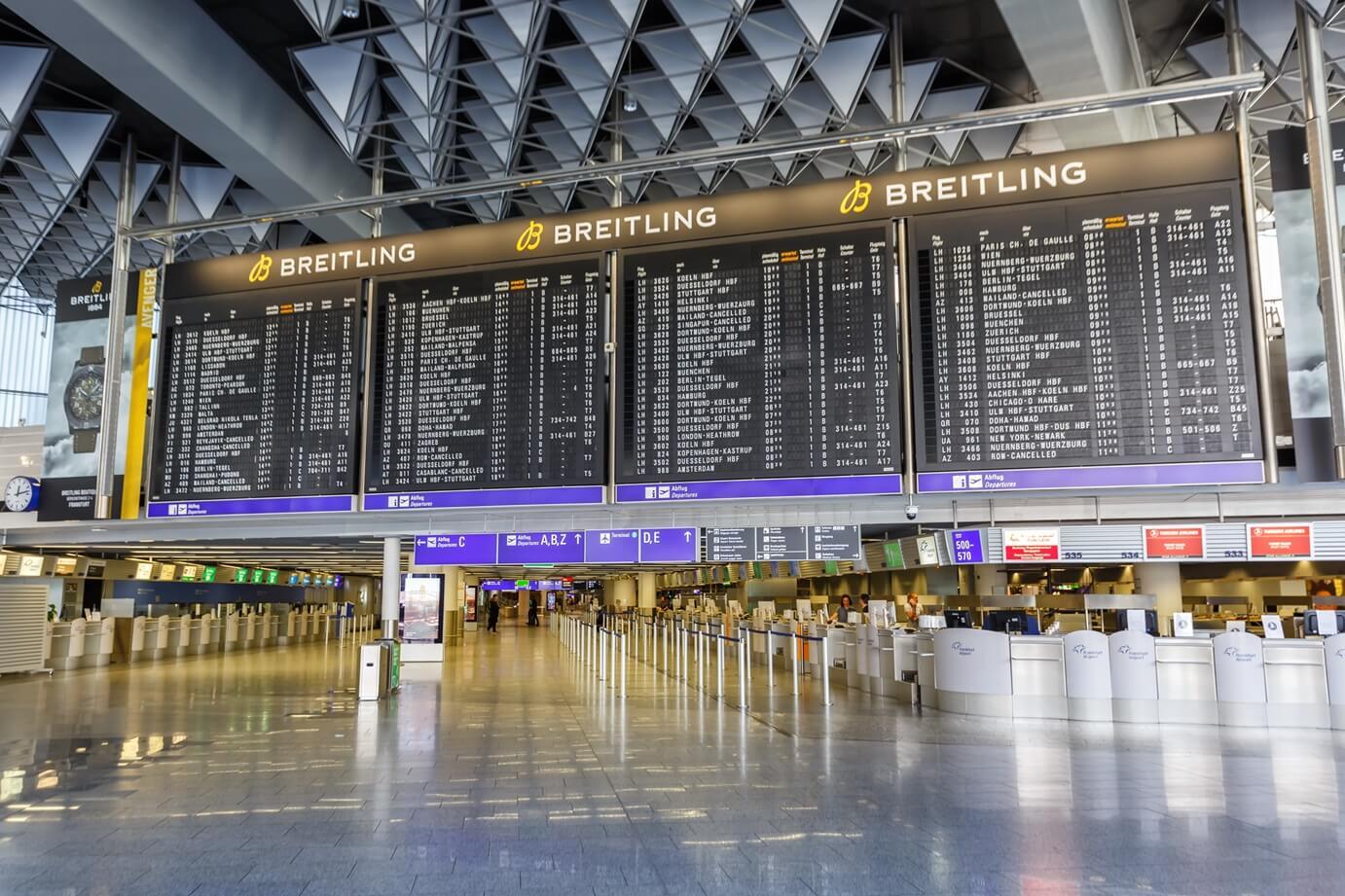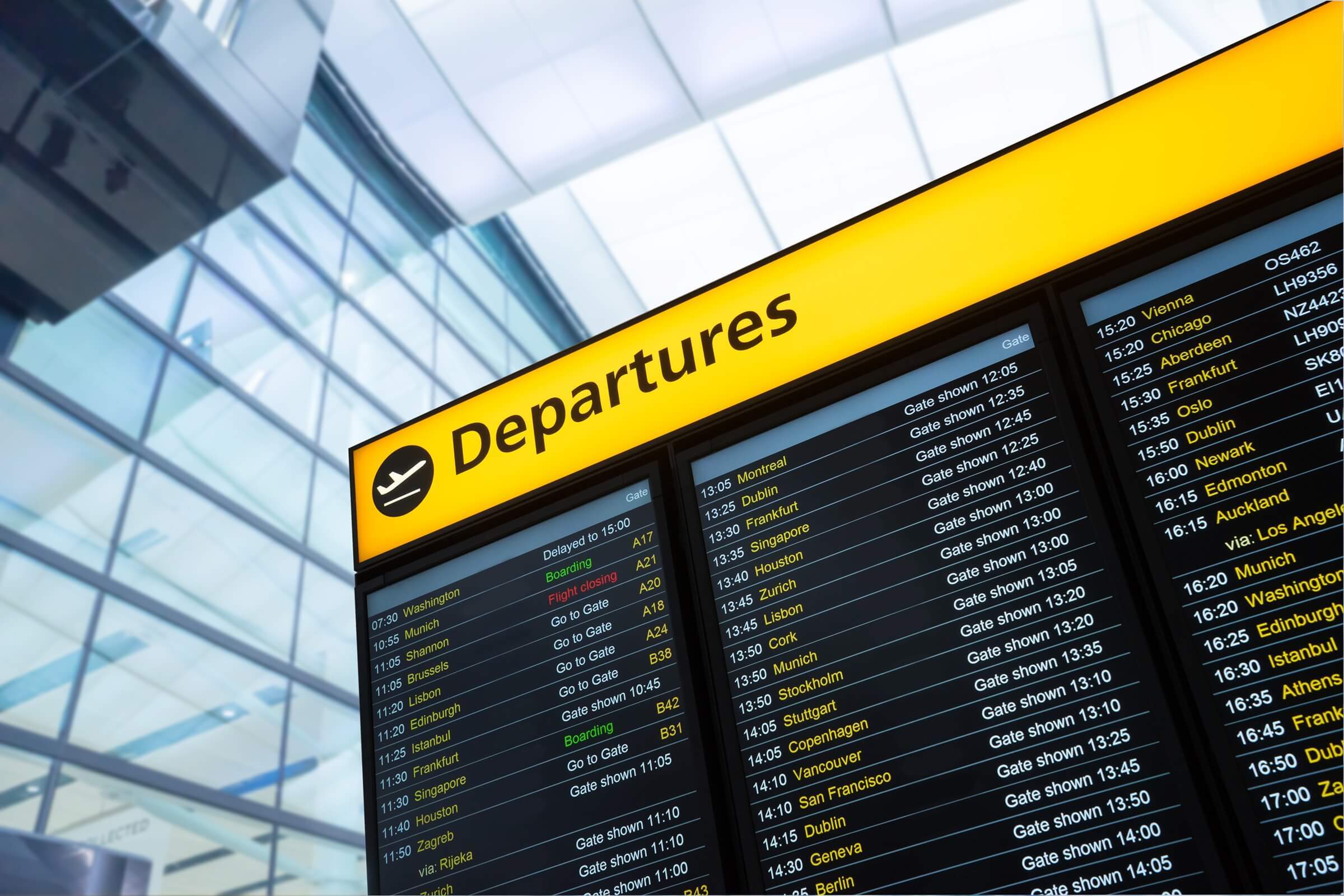Busiest airport explores green hydrogen hub for fuels

Hartsfield-Jackson Atlanta International Airport, the world's busiest airport, is taking significant strides towards a sustainable future by exploring the feasibility of establishing a green hydrogen hub. The initiative aims to use hydrogen as a potential fuel source for future aircraft operations, marking a major step in the decarbonization of aviation.
Collaboration for a sustainable future
Located just outside Atlanta, Georgia, Hartsfield-Jackson served a staggering 104.6 million travelers in 2023. The airport has now teamed up with industry giants Plug Power, Airbus, and Delta Air Lines to study the feasibility of creating a hydrogen-based hub. This collaboration seeks to define the necessary infrastructure, operational viability, and safety and security requirements to implement hydrogen as a future fuel source for aircraft.
The study's scope and goals
Launched earlier this year, the study focuses on several key areas:
Infrastructure requirements: Identifying the facilities needed to produce, store, and supply hydrogen at the airport.
Operational viability: Assessing how hydrogen can be integrated into airport operations and aircraft refueling processes.
Safety and security: Ensuring the safe handling and use of hydrogen, given its highly flammable nature.
Additionally, the study aims to enhance the global understanding of hydrogen supply and infrastructure needs at airports, potentially serving as a model for other airports worldwide.
Airbus' ZEROe project
Airbus is at the forefront of this green hydrogen initiative, with its ambitious ZEROe project targeting the deployment of the world's first green hydrogen-powered commercial aircraft by 2035. This project explores various configurations and technologies to produce and supply hydrogen as a fuel source. According to Karine Guénan, Airbus' Vice President for ZEROe Hydrogen Ecosystem, the U.S. has vast renewable energy resources ideal for producing green hydrogen, positioning airports to adopt a diverse and balanced energy mix that reduces aviation's environmental impact.
Broader implications and parallel studies
The announcement of the feasibility study at Hartsfield-Jackson came just a day before Airbus, Houston Airports, and the Center for Houston's Future (CHF) signed a memorandum of understanding (MoU) to explore a similar hydrogen hub at George Bush Intercontinental Airport in Houston, Texas. While George Bush Intercontinental served 46.1 million passengers in 2023, it consistently ranks among the best airports in North America and the United States, indicating the growing interest in hydrogen hubs across major airports.
Decarbonizing aviation
As airports are pivotal in the decarbonization of transport, these studies represent a collaborative effort to redesign airport infrastructure to support hydrogen-powered aircraft. By rethinking infrastructure and operations, these initiatives aim to significantly reduce the overall environmental footprint of airports and aviation.
“For hydrogen to meet its full potential, the entire airport ecosystem – including airport authorities, energy suppliers, and regulatory authorities – needs to come together and collaborate,” said Karine Guénan. The joint study in Houston, for example, will help understand the necessary hydrogen infrastructure, supporting global knowledge and advancing the transition to low-carbon aviation.
The feasibility study at Hartsfield-Jackson Atlanta International Airport is a crucial step towards a greener future in aviation. By exploring the potential of green hydrogen as an alternative fuel source, the world's busiest airport is leading the way in sustainable aviation practices. The collaboration with industry leaders like Plug Power, Airbus, and Delta Air Lines underscores the collective effort required to achieve significant environmental milestones. As these studies progress, they promise to pave the way for hydrogen-powered aircraft and a more sustainable aviation industry.
Latest posts
Flying during strike season? How to protect your rights
Traveling during strike season? Learn how to protect your passenger rights and fly stress-free despite the challenges!
Extraordinary circumstances in flight delays and cancellations
Find out what extraordinary circumstances are for flights, how they affect your rights, and when compensation is possible.
Top European airlines with delays and cancellations
Discover the top European airlines with the most delays and cancellations. Learn causes, trends, and tips to avoid travel disruptions.
About MYFLYRIGHT
MYFLYRIGHT is a legal tech company, specialized in the support of airline passengers affected by flight delays, flight cancellations, denied boarding, delayed or lost luggage and the refund of unused airline tickets. MYFLYRIGHT was founded 2016 in Hamburg, Germany. The company operates out of 3 offices, its headquarter in Hamburg and its branches in Prague, Czech Republic and Zaporizhia, Ukraine. Currently, MYFLYRIGHT employs a team of around 25 people working in Marketing, Operations, Legal, Customer Support and IT. The organization operates across 5 markets – Germany, United Kingdom, Romania, Austria, and Switzerland.
MYFLYRIGHT’s goal is to provide access to justice for all aviation passengers who experience irregularities in their flight transportation. Notably, 75% of all compensation requests submitted by passengers get rejected. Whereas, MYFLYRIGHT is able to successfully execute the applicable customer claims in more than 98% of cases at court.












